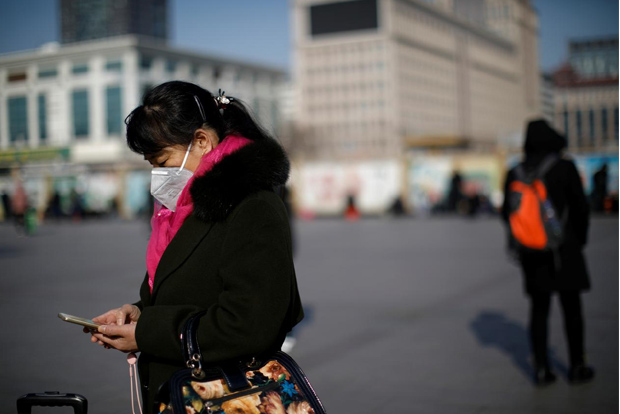Begin typing your search...
Quarantine shaming: Navigating radical social norms
The chairman of Arizona’s Asian Chamber of Commerce didn’t see much downside to attending a small dinner at a local restaurant to bolster the business and bring together other leaders to discuss how to help Asian-American eateries devastated by the coronavirus. That was, at least, until he posted about it on Instagram.

Chennai
The feedback was swift from people who were appalled that Ryan Winkle would promote a gathering, even a small one, as COVID-19 raged and entire cities were urged to self-isolate.
“I started getting some messages saying, ‘Hey, why are you trying to spread the virus?’ I was like, ‘It’s a small event, and everyone had washed their hands, and they had sanitiser on the tables,’” Winkle said of the dinner held in Mesa, Arizona. “My thinking is always about the economics. Imagine when all these businesses shut down. That’s a different problem.”
“Quarantine shaming” — calling out those not abiding by social distancing rules — is part of a new and startling reality for Americans who must navigate a world of rapidly evolving social norms in the age of COVID-19. As schools close and shelter-in-place orders sweep across the US, the divide between those who are stringently practicing self-isolation and those who are still trying to go about some semblance of a normal life has never been more clear. Complicating matters: What was socially acceptable even 48 hours ago may now be taboo, as government officials race to contain the virus with ever-expanding circles of social isolation.
“The time matrix seems to be shifting. I’ve never known several days to go by so slowly and watching the collective conscience move more and more in one direction day by day,” said Paula Flakser, who lost her bartending job when California’s Mammoth Mountain ski resort closed this week. For those who must go to work, the divide is widening too. Steve Diehl, who is considered an essential employee at his job at a warehouse, wears a mask to work because a family member has a compromised immune system. He’s terrified of catching the new coronavirus or transmitting it to his loved one at home.
Diehl posted a sign at the warehouse entrance asking people to put on masks that were provided “to protect immuno-compromised family,” but several co-workers didn’t wear them, he said. One of them coughed into his hand while standing by Diehl’s desk — and then began to touch things on his desk with the same hand.
“That angered me greatly,” said Diehl, who posted a photo of himself in a mask on Twitter. “And when I made a comment about it, they shrugged it off.”
Others who are trying to juggle working from home while caring for kids who are also home are making smaller and more mundane choices that nevertheless bring shocked responses — or even rebukes — from co-workers, friends and even family. Is it OK to run out for a coffee? Can you allow your children to go the playground? What about sending kids to day care centers, which remain the only lifeline in many states that have closed schools?
Alec Bhurke, who wrote an angry post on Facebook about the weekend crowds, said most people likely just need that kind of guidance from authorities to recognise the seriousness of the crisis. “People don’t understand ... the implications of what even a single day does to the body count (from the virus) at this stage,” he said on Wednesday. “But people should know better — and they should do better.”
Visit news.dtnext.in to explore our interactive epaper!
Download the DT Next app for more exciting features!
Click here for iOS
Click here for Android
Next Story



